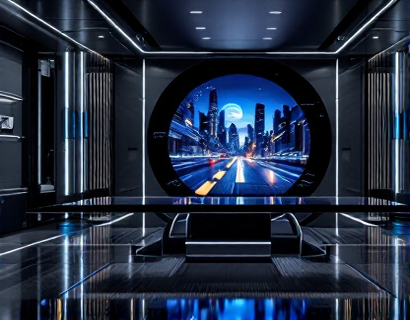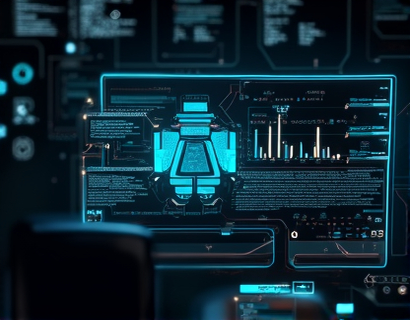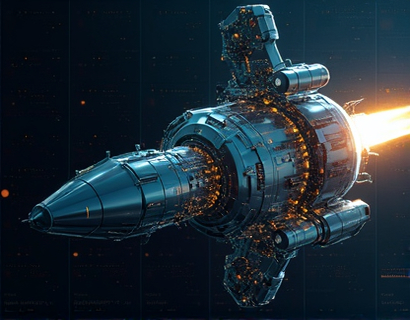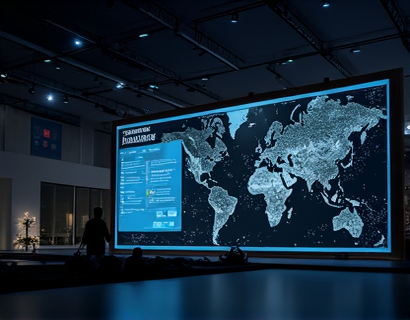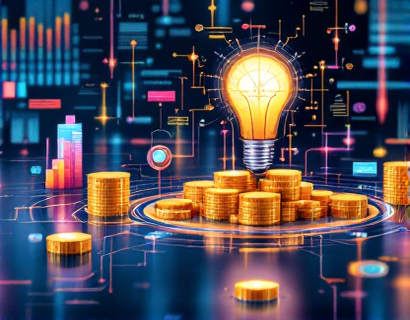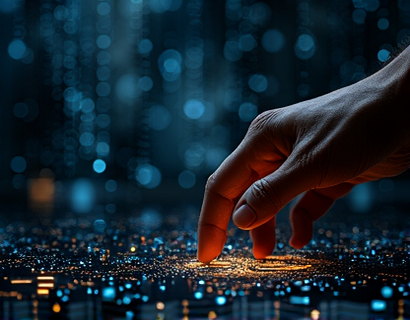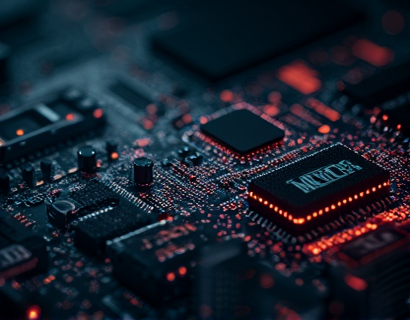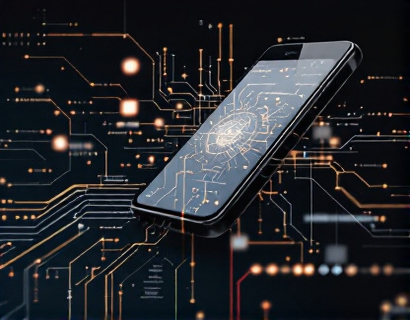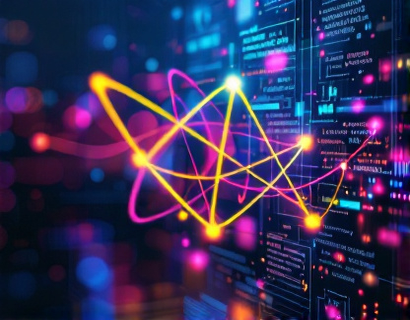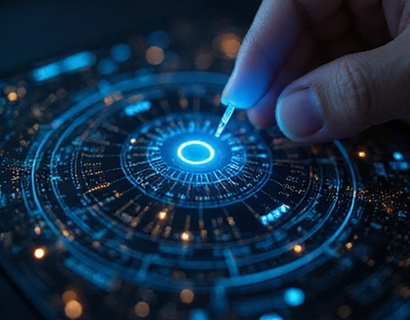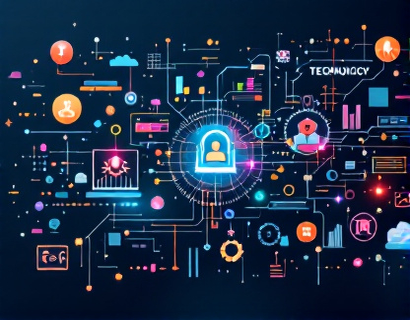Decentralized Transformation: Harnessing AI and Crypto for Advanced Digital Solutions
The intersection of artificial intelligence (AI) and cryptocurrency is giving rise to a new era of decentralized digital solutions. This transformation is not just about integrating two powerful technologies but about reimagining how we interact with digital services and applications. The fusion of AI and crypto is creating a landscape where decentralization, enhanced user experiences, and innovative applications converge to drive the next wave of digital evolution.
Decentralized systems, by their very nature, distribute control and data across a network, eliminating the need for central authorities. This approach not only enhances security and privacy but also fosters innovation by allowing developers and users to collaborate without intermediary constraints. AI, on the other hand, brings intelligence and automation to these systems, enabling them to learn, adapt, and provide personalized experiences.
Enhancing User Experience through AI and Crypto
The combination of AI and crypto is revolutionizing user experience in several ways. AI-driven algorithms can analyze vast amounts of data to understand user preferences and behaviors, allowing for highly personalized interactions. In a decentralized environment, this personalization can be achieved without compromising user privacy, as data is managed and controlled by the users themselves.
For instance, decentralized applications (dApps) can use AI to offer tailored content and services based on individual user profiles, all while maintaining transparency and control. This level of customization enhances engagement and satisfaction, as users feel the services are designed specifically for them. Moreover, AI can optimize user interfaces and interactions in real-time, ensuring a seamless and intuitive experience.
Security and Trust in Decentralized Systems
Security is a paramount concern in digital transactions and data management. The integration of AI and crypto addresses this by leveraging blockchain technology, which provides a secure and transparent ledger for all transactions. AI can further enhance security by detecting and mitigating threats in real-time, identifying patterns that indicate potential breaches or fraudulent activities.
In a decentralized system, trust is built through transparency and immutability. Every transaction and interaction is recorded on the blockchain, making it tamper-proof and accessible to all participants. AI can monitor these records, ensuring compliance with predefined rules and standards, thus maintaining the integrity of the system. This combination of technologies fosters a high level of trust among users, encouraging broader adoption and participation.
Innovative Applications of AI and Crypto
The synergy between AI and crypto is giving birth to a myriad of innovative applications across various sectors. In finance, decentralized finance (DeFi) platforms are using AI to create more efficient and accessible financial services. These platforms offer lending, borrowing, and trading capabilities without traditional intermediaries, reducing costs and increasing accessibility.
In the healthcare sector, AI-powered dApps can analyze medical data to provide diagnostic insights and personalized treatment plans. These applications can be decentralized, ensuring patient data is securely stored and managed, with users having full control over their information. This not only improves healthcare outcomes but also empowers patients by giving them more autonomy over their health data.
In the realm of supply chain management, AI and crypto can enhance transparency and efficiency. Blockchain ensures that every step of the supply chain is recorded and verifiable, while AI can optimize logistics and predict potential bottlenecks. This combination can lead to more reliable and cost-effective supply chains, benefiting businesses and consumers alike.
Decentralized Innovation Ecosystem
The emergence of decentralized innovation ecosystems is a key driver of this transformation. These ecosystems bring together developers, researchers, and enthusiasts who collaborate to build and improve decentralized applications and services. Platforms like Ethereum and Binance Smart Chain provide the infrastructure for smart contracts and dApp development, while AI tools enhance the functionality and user experience of these applications.
In these ecosystems, AI algorithms can be deployed to manage and optimize various aspects of the network, from resource allocation to user interaction. For example, AI can be used to balance network load, ensuring that dApps remain responsive and efficient even during peak usage times. This level of automation and optimization is crucial for the scalability and sustainability of decentralized systems.
Challenges and Considerations
Despite the numerous benefits, the integration of AI and crypto in decentralized systems is not without challenges. One of the primary concerns is the technical complexity involved in developing and maintaining these systems. Developers need a deep understanding of both AI and blockchain technologies to create robust and secure applications.
Another challenge is the regulatory landscape. As decentralized systems operate outside traditional frameworks, they often face uncertainty and scrutiny from regulatory bodies. Ensuring compliance while maintaining the decentralized nature of these systems requires careful navigation and ongoing dialogue with regulators.
Additionally, there is the issue of user education. Many potential users are still unfamiliar with AI and crypto concepts, which can hinder adoption. Educational initiatives and user-friendly interfaces are essential to bridge this gap and make these technologies accessible to a broader audience.
Future Prospects
The future of decentralized digital solutions powered by AI and crypto is promising. As technology advances, we can expect more sophisticated and user-friendly applications that seamlessly integrate these technologies. The convergence of 5G, IoT, and edge computing will further enhance the capabilities of decentralized systems, enabling real-time data processing and more intelligent interactions.
Moreover, the growing interest in sustainability and ethical technology use aligns well with the principles of decentralization and AI. Decentralized systems can reduce the environmental impact of digital services by optimizing resource usage and minimizing the need for energy-intensive central servers. AI can also be leveraged to develop more sustainable practices across various industries.
In conclusion, the fusion of AI and crypto is paving the way for a new era of decentralized digital solutions. By enhancing user experience, ensuring security, and fostering innovation, these technologies are transforming the digital landscape. As we continue to explore and develop these capabilities, the potential for creating more equitable, efficient, and user-centric systems becomes increasingly tangible.









